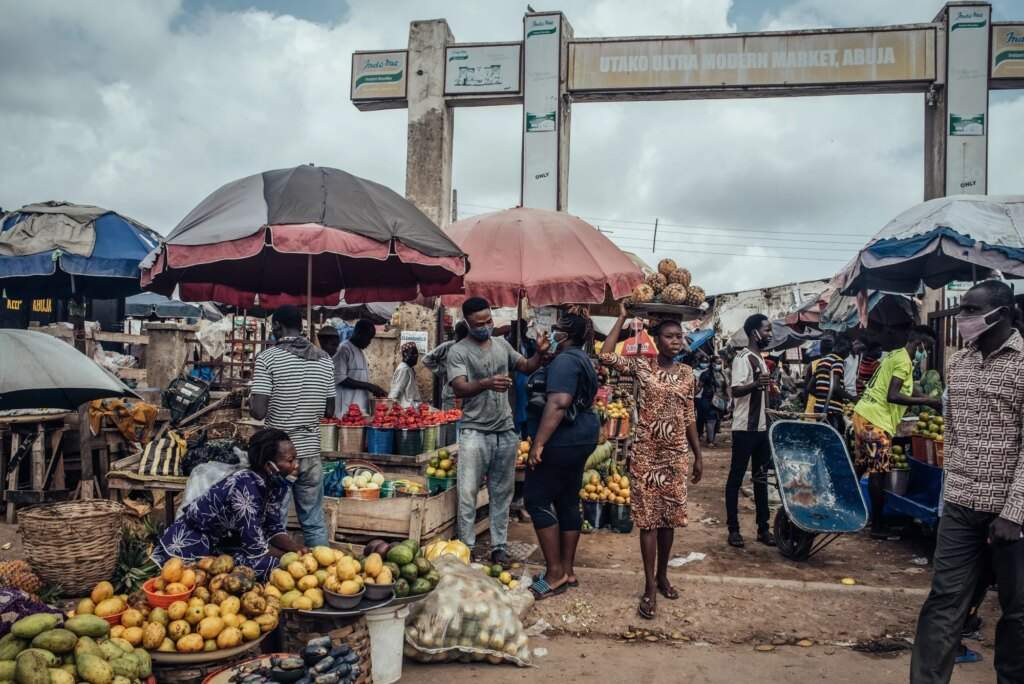Traders around Nigeria are facing a dire situation as the prices of essential commodities continue to skyrocket, plunging citizens into a financial crisis fueled by hyperinflation. A recent market survey conducted by Media Talk Africa revealed that major food items have seen an average increase of about 28.2 per cent in the last few months, leaving many struggling to make ends meet.
From the bustling markets of the Federal Capital Territory to the outskirts of Nasarawa State, traders are feeling the pinch of the unpredictable market system. Uche Ikechukwu, a skin care consultant, lamented the decline in customers as people prioritize essentials like food and transportation over luxury items. Similarly, foodstuffs retailer Mrs Nkechi Ubani expressed her struggles in keeping up with the fluctuating prices, with items like spaghetti and beans seeing drastic price hikes.
The impact of these price increases is felt deeply by families like that of Mrs Mede Orunmade, who described the current situation as unbearable. With the cost of basic necessities like rice and garri more than doubling in a matter of months, many are left wondering how they will survive. Traders like Wunmi are calling on the government to intervene and alleviate the burden on small businesses struggling to stay afloat.
In markets across Abuja, from Karu to Wuse, the story is the same – prices of goods are soaring, and both sellers and buyers are feeling the strain. Muhammad Ali, a beans seller, highlighted the challenges faced by farmers and traders alike as the cost of beans continues to rise. Meat seller Baba Aisha echoed these sentiments, noting the scarcity of affordable meat due to rising prices and limited supply.
As the cost of living continues to rise, traders like Saifullahi Ayagi and Mrs Margaret are finding it increasingly difficult to turn a profit. The once-thriving marketplaces are now filled with uncertainty and anxiety as traders struggle to make ends meet in the face of hyperinflation. Mrs Amaka, a rice and beans seller, emphasized the need for government intervention to stabilize prices and support small businesses reeling from the economic downturn.
In the midst of this crisis, cloth seller Mr Daniel highlighted the shift in consumer priorities, with people focusing on necessities like food rather than clothing. The lack of patronage in recent times has left many traders in a precarious position, with profits dwindling and survival becoming the primary concern.
As Nigeria grapples with the economic fallout of rising food prices, traders and citizens alike are calling on the government to take action and address the root causes of hyperinflation. The future remains uncertain, but one thing is clear – the resilience and determination of the Nigerian people in the face of adversity.
